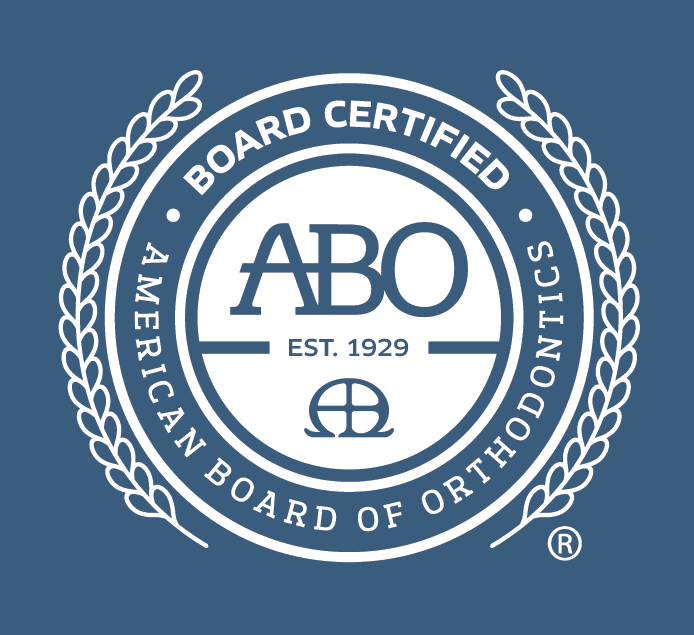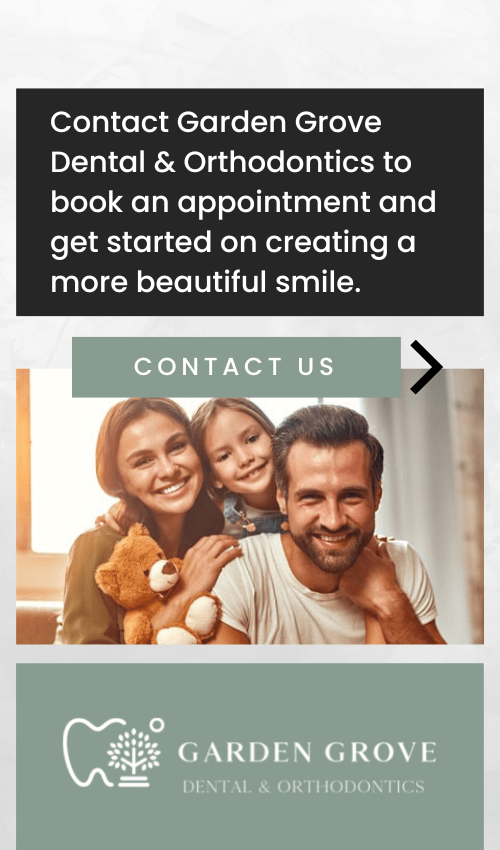Periodontics is the treatment of gum disease, which is very common because of poor dental hygiene (which means improper and infrequent brushing, flossing, or having cleaning by a dental hygienist). When food particles are not removed the same day, a bacterial film surrounds them that turns into a sticky film called plaque.
At first, the stage known as gingivitis, there is no pain, but the gums start slightly bleeding in response to normal brushing. Gradually, the gums pull away from their support for some teeth where the infection is most severe and eventually they either fall out or become so loose that they need to be extracted. Unless they are replaced with dental implants or crowns attached to dental bridges, the teeth next to the gaps created naturally respond by leaning in as if to fill the spaces. This sets up a chain reaction as other teeth begin to misalign in reaction and also become loose and eventually, you are likely to lose many or need them extracted before you have implants or are fitted for a denture.
PERIODONTAL SPECIALISTS
A periodontist specialist or a general dentist with the training can treat gum disease with minor surgery initially, such as pulling back the gums to clean the plaque and using antibiotic pellets or solutions. When it becomes advanced, known as periodontitis, the plaque has hardened into tartar and needs “scaling” to remove it, while the roots need to be “planed” to smooth rough spots where bacteria would be likely to take hold.
A periodontist or oral surgeon may be needed if this deep cleaning is not sufficient to halt the infection. During flap surgery, the tartar is removed from pockets next to the teeth, then these are stitched closed.
Types of Dental Implants
- Full Arch Replacement
- Multiple Teeth Replacement
- Single Tooth Replacement
Implant Supported Dentures
A type of denture that is fixed in place using dental implants. Traditional dentures rest on top of the gum line and can slide around when the denture-wearer speaks, chews, smiles or laughs. This can cause serious problems in a person’s daily life, causing embarrassment or lowering one’s self-esteem.
Implant-supported dentures can be an ideal solution for any denture-wearer to help alleviate some of the daily struggles they face, such as fear of one’s dentures slipping or falling out.
What are the benefits of implant-supported dentures over traditional ones?
Implant-supported dentures enjoy a number of benefits over traditional dentures, including the following advantages:
More Secure
Once in place, implant-supported dentures are completely secure and stable, allowing you to eat, speak and chew normally without fear of your dentures falling out or slipping.
Fewer Adjustments
Once secured, implant-supported dentures do not slide around and, therefore, require fewer visits to the dentist for adjustments. Also, since dental implants help maintain the structure in one’s gums and bone, the gum line tends to keep its shape and strength instead of deteriorating under the weight of the denture.
Better Oral Health
Because the dental implants stimulate the tissues beneath the gum line, activating natural tissue regeneration, there are fewer crevices for plaque and bacteria to hide, preventing the onset or progression of periodontal disease.
Better Appearance
Traditional dentures tend to weigh down and wear out the gums, which can actually accelerate the deterioration of one’s gums. Without the stimulation provided by dental implants, this gum and bone tissue deterioration can cause facial wrinkles and give one the appearance of a shrunken or sagging lower jaw.
If you are a denture-wearer who suffers from the negative impact dentures can cause on your daily life, contact our office to see if implant-supported dentures are right for you.
All-On-4 Dental Implants
Dental implants can be an ideal solution for anyone with a full arch of missing teeth. Unlike traditional dental implants, which require one implant per tooth, the revolutionary All on 4 dental implant procedure allows a full arch to be replaced using just four dental implants total.
All on 4 dental implants have proven to be just as effective as traditional dental implants and offer a number of benefits, including the following:
Enhanced Appearance
Dental implants can put years of life back into your smile by smoothing out facial wrinkles caused by missing teeth, preserving the jawbone structure, and improving your overall self-confidence.
Improved Dental Function
Unlike dentures, dental implants do not require any additional care and allows you to eat, speak and smile without fear of your prosthetic teeth becoming loose or falling out.
Better Oral Health
Not only do dental implants improve one’s appearance and dental function, but dental implants can actually reverse damage caused by missing teeth and periodontal disease. All-on-4 dental implants are placed at an angle into the jawbone to ensure maximum contact with the gums and jaw, which stimulates the tissue beneath and promotes natural growth.
Immediate Results
All-on-4 dental implants can be placed in as little as one day, enhancing a patient’s dental function, oral health and appearance in just a single visit.
Cost-Effective
Because fewer implants are needed for the surgery, the cost of All-on-4 dental implants tends to be less than that of traditional implants for teeth replacement on a full arch.
Long-lasting
Dental implants are a non-removable permanent teeth replacement solution. With the right care, your new smile should last a lifetime.
More Compatible
All on 4 dental implants are ideal for patients with multiple missing teeth or those who do not have sufficient bone volume to place one dental implant per tooth. Because only four dental implants are used per arch, less bone density is needed in order to place All on 4 dental implants, allowing patients who otherwise aren’t able to receive dental implants to have the smile they’ve always wanted.
With All on 4 dental implants, you can go about your daily routine without any discomfort, embarrassment or fear when you eat, speak or laugh. To learn more about whether or not All on 4 dental implants are the right choice for you, schedule your initial consultation with us to learn more about the life-changing impact All on 4 dental implants can have on your smile.
Gum Treatment
Prevention & Treatment Options
Periodontal disease is best prevented through proper oral hygiene and professional dental care, including regular visits to your dentist for cleanings and dental exams (at a minimum every six months). In its early stages, periodontal disease can be reversed with a single visit to your dentist and the right at-home care. Non-surgical treatments may include professional dental cleaning, where tartar buildup is thoroughly removed and cleaned. Scaling and root planing may also be needed. This is a process by which plaque and tartar above and below the gum line are scraped away and any rough surfaces smoothed out.
In later stages, more extensive treatment measures will be needed. Surgical treatments for periodontal disease include pocket reduction surgery and bone or soft tissue grafting. Pocket reduction surgery is a process by which tarter is removed from deep beneath the gums and the gums are placed tightly around the tooth to ensure bacteria is not given a place to live and fester. Tissue grafting involves the regeneration of bone or gum tissue after the bacteria is removed to restore stability to the teeth and reverse the appearance of gum recession.
Certain antibiotics and instructions for proper at-home care may also be prescribed in conjunction with your treatment plan to help prevent the return or onset of periodontal disease down the road.
If you are experiencing any inflammation or bleeding of the gums, it is important to visit your dentist for a checkup and dental cleaning before the disease progresses. Prevention is the key to a healthy smile and can save you time, effort and money down the road.
GET STARTED TODAY
If sufficient tissue has to be taken out, tissue grafts may be necessary. If the infection has reached into the jawbone, this will have to be surgically taken out and replaced by a bone graft.
Once you have recovered from the periodontal crisis, you should ask Dr. Pour or your hygienist about whether you should start using an electric toothbrush, upgrade your toothpaste and mouthwash, use a small-bristle brush for cleaning pockets, or add a WaterPik to your oral health regimen.
BOOK APPOINTMENT
Free Consultation For Braces and Orthodontics
Booking an appointment at Garden Grove Dental & Orthodontics is simple. Click the link to fill out our online contact form. You can also call us directly to find a time that works best for you. We look forward to seeing you and your family and discovering how we can best serve your dental needs.
12630 Brookhurst St Suite B
Garden Grove, CA 92840


(714) 530-4920
Mon - Fri: 8am - 5:30pm
Sat - Sun: Closed


